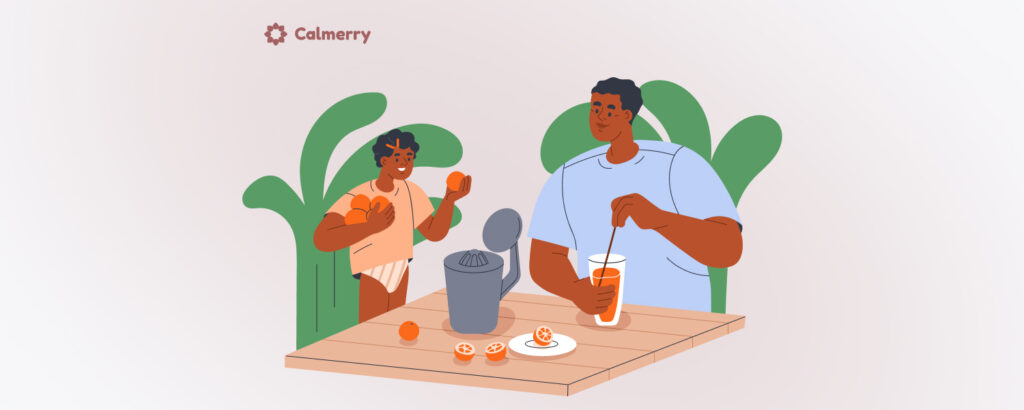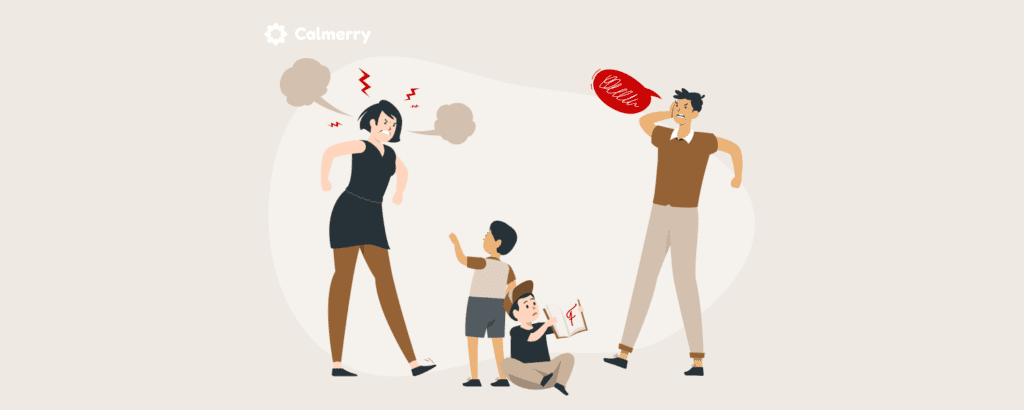I Think I Hate My Dad: What Do I Do Now?
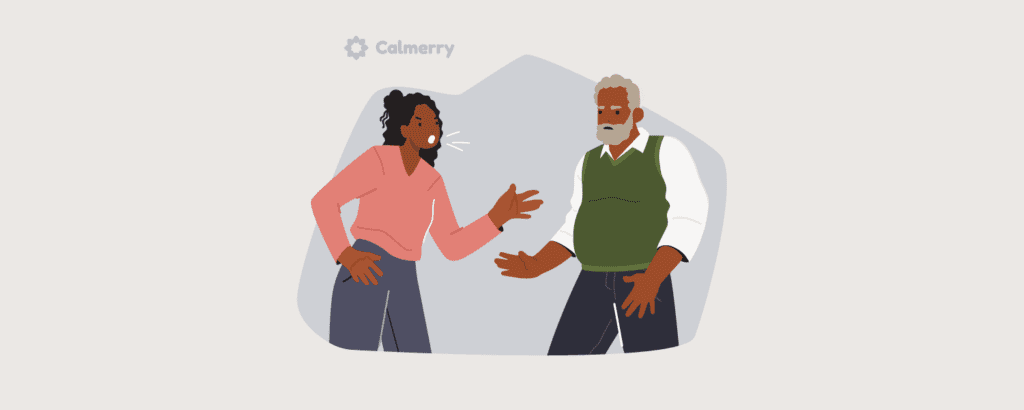
“I hate my dad.” Just saying it out loud can evoke all kinds of feelings and reactions. You should love your dad because he’s your dad. At least that’s what they tell us, right?
So, when you find yourself struggling to love him, or wondering if you even like him, it can be confusing and emotionally painful. You might feel ashamed and even a little guilty about it. After all, who hates their dad? The love between parents and their children should be unconditional and true. But, in reality, it isn’t always that way, and yes, you might feel hate towards your dad.
It’s not uncommon to have strong feelings about one or both of your parents. A lot has been written about toxic parent-child relationships. They are not exclusive to one parent or the other or to sons and fathers or daughters and mothers, although these relationships do have their own unique dynamics. The truth is, father-child relationships can be just as difficult as mother-child relationships and have their own set of issues, sometimes even becoming toxic.
Hate is a difficult and complex feeling to live with and deal with. It can lead to conflict with your dad and strain your relationships with other family members. Hate can also impact your own mental health and well-being in ways you might not expect. Here’s a closer look at why you might hate your father and some healthy ways to deal with it.
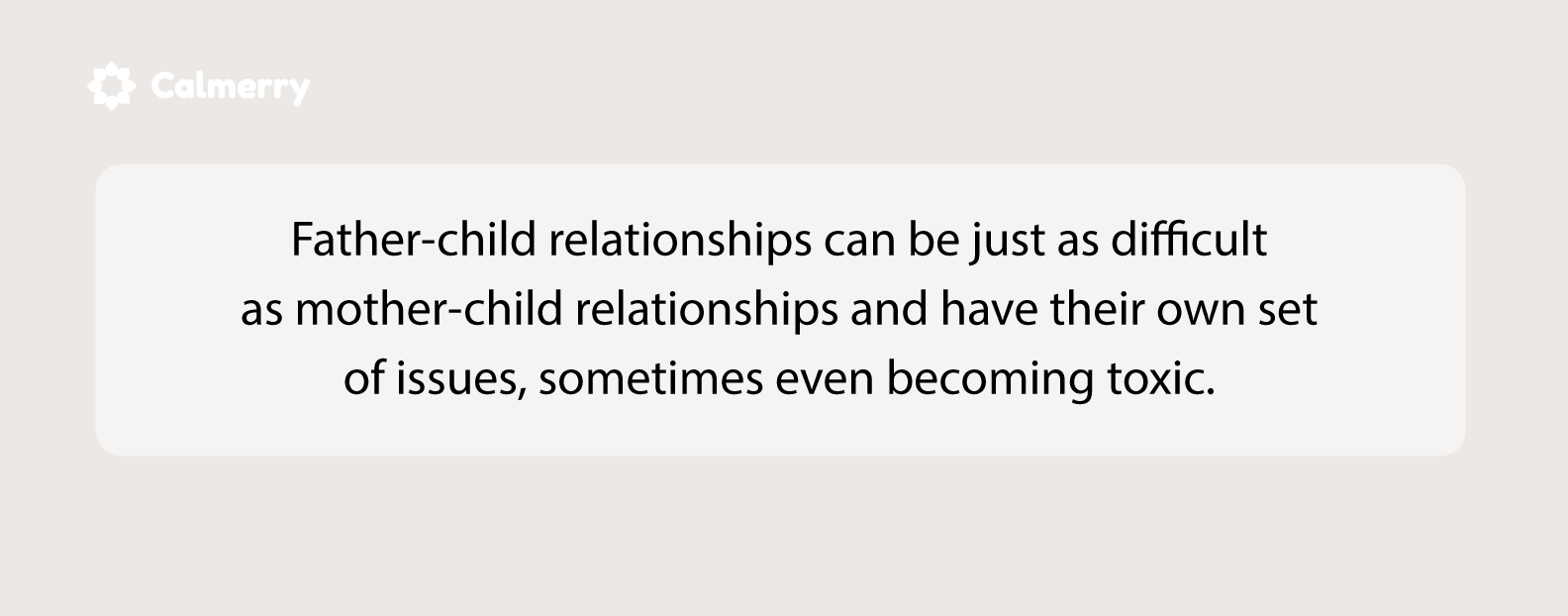
Where’s the breakdown?
When you ask yourself, “Why do I hate my father?” you’re probably flooded with a million memories and reasons why. The feelings you have stem from a lifetime of experiences and interactions with him, often starting in early childhood.
When you think back to your childhood, you probably have some strong feelings about how you were raised. Were your parents perfect? Of course not. They surely made mistakes but probably did their best. Now it’s also true that some parents can’t give their full emotional support due to their own issues. This is in no way excusing bad behavior. It is acknowledging that sometimes generational trauma can wreak havoc on parent-child relationships.
Sometimes, though, even when parents gave their best, it can leave adult children with lingering emotional impacts and wondering, “why do I hate my father?”. Where did it go wrong?
The disconnection
The connection you make with your dad starts early. A parent’s job is to guide and teach you the things you need to learn at every stage of childhood while helping you feel safe, secure, and loved.
Attachment is an emotional dynamic that starts early between parent and child. It is the connection that is built that helps a child to feel safe, secure, loved, and cared for. You know when they leave, they’re coming back.
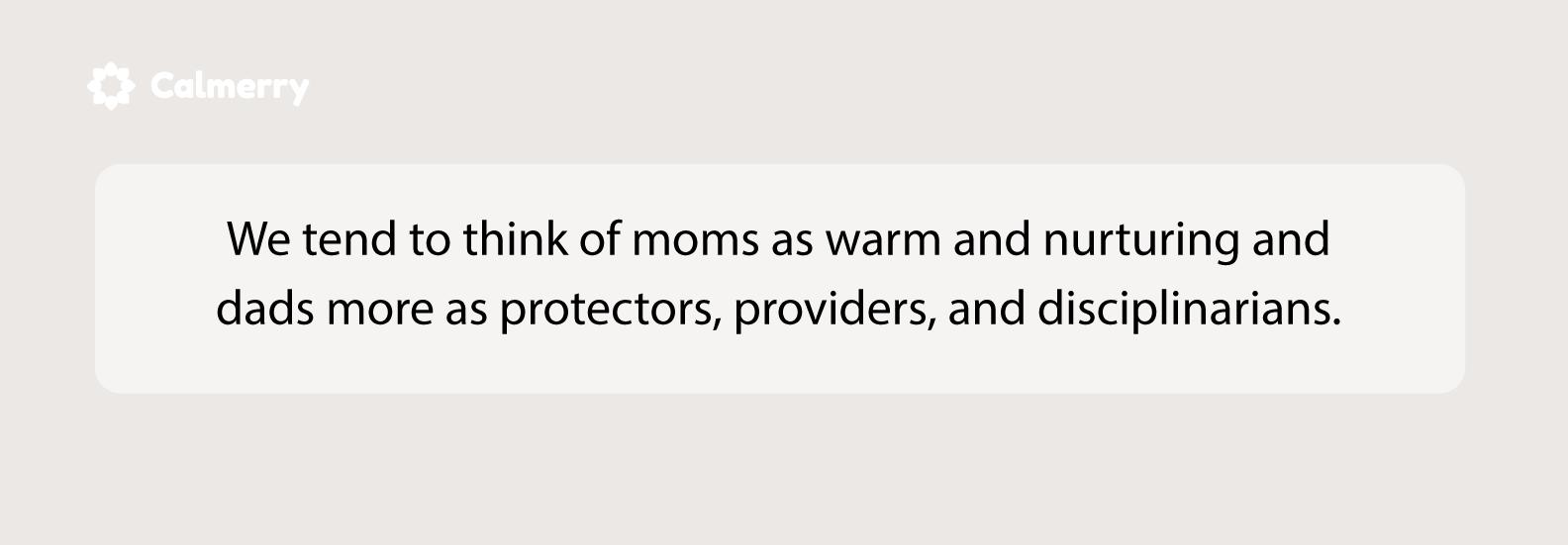
We tend to think of moms as warm and nurturing and dads more as protectors, providers, and disciplinarians. In many cultures, men are expected to be tough and not show emotions. While fathers may feel very deeply, it’s hard to connect with someone who is emotionally unavailable. When you don’t develop that sense of safety and security, it can leave you feeling emotionally isolated and impact how you form relationships later.
Parenting style
Parenting style has a lot to do with the parent-child connection. Of course, a parent’s job is to set rules and limits, but how that happens makes a difference. Too much control (authoritarian) and too little control (permissive) can both be detrimental. A style somewhere in between, warm and supportive, allowing for some autonomy but still setting clear and appropriate boundaries, tends to be the most beneficial.
An authoritarian parenting style, in particular, has been shown to significantly impact the relationship between parents and their kids. Authoritarian parents are strict and stern, attempting to control behavior through tactics such as threats, guilt, shaming, or withdrawal of affection. Obedience to an absolute set of standards is the focus, and there is little room for flexibility. For kids who don’t fit these expectations, the conflict can be significant.
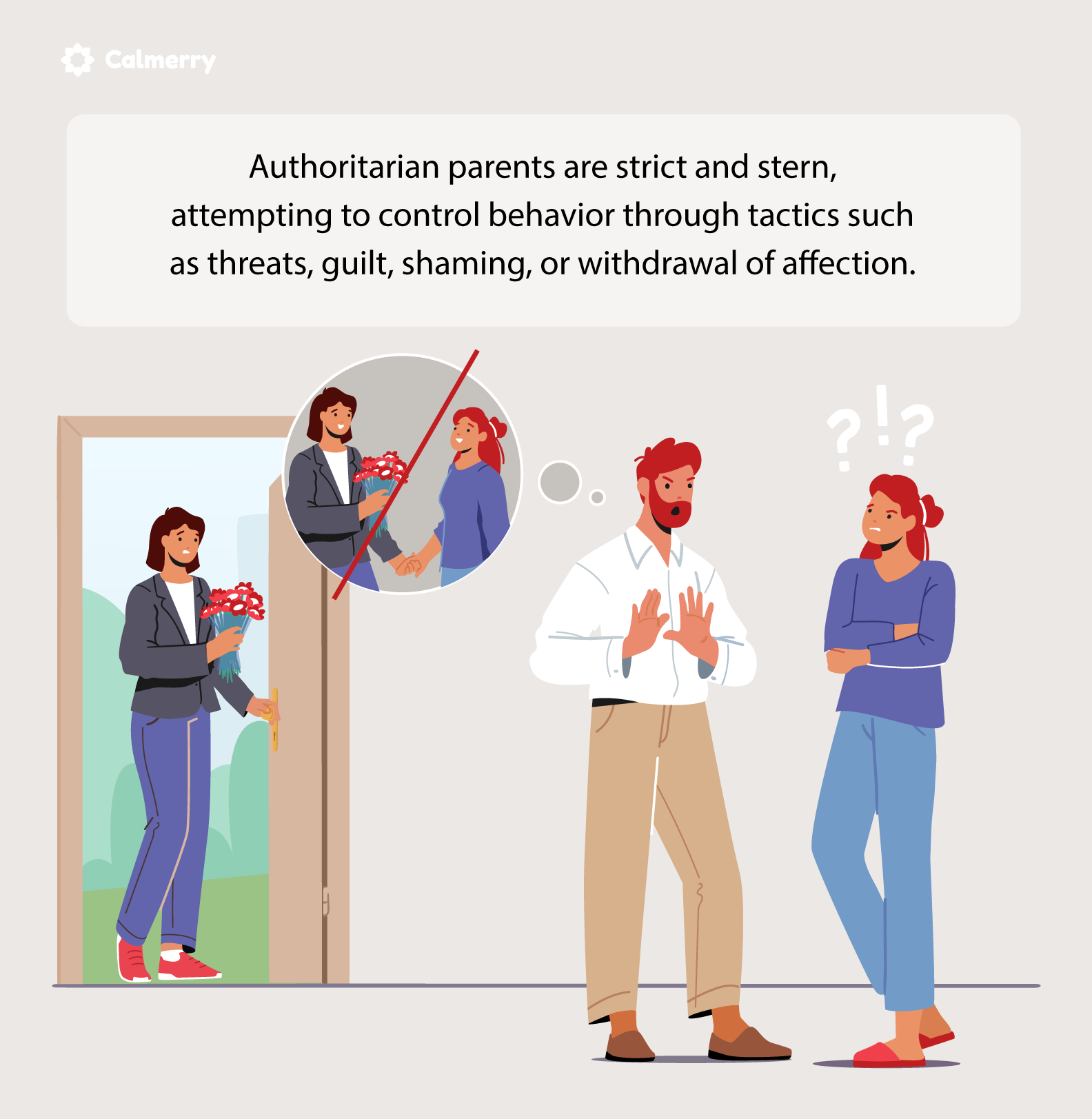
The teen rebellion
Let’s be honest. Every kid rebels to some degree. The push for autonomy is real and it’s a healthy part of development. It’s inevitable that there will be some epic clashes. How that clash happens can make or break parent-child bonds.
Some parents are able to take the expected rebellion in stride, help their kids navigate this difficult time, and move forward. For others, any testing of the limits, no matter how minimal, can be interpreted as a personal affront and result in swift, often harsh consequences. Harsh consequences don’t work and can even make the situation worse. Sometimes, the response can be so intense that the relationship is broken. How did your dad respond to your rebellious behavior? How those situations were handled plays a significant part in your relationship today.
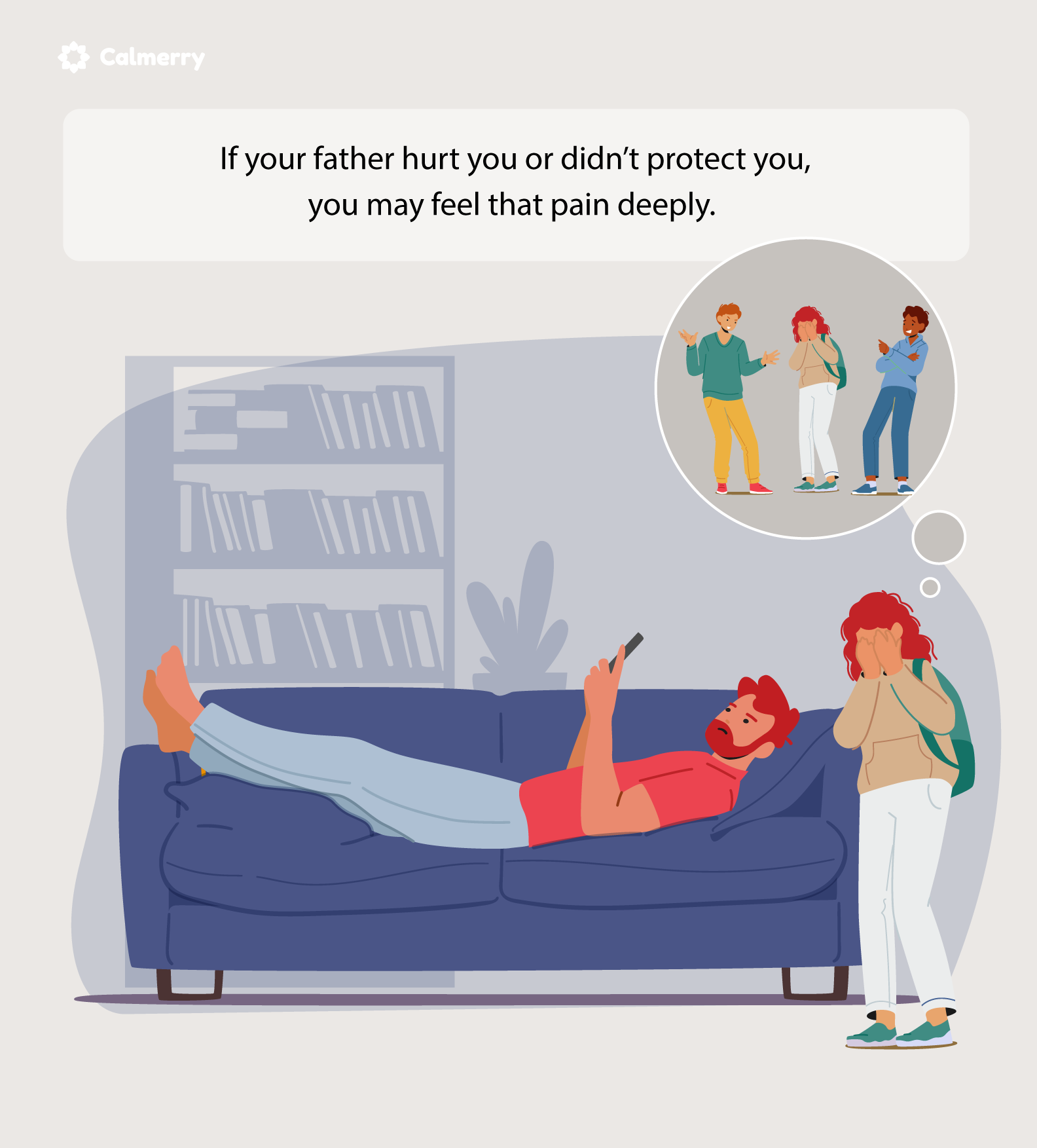
Looking for love and acceptance
Unconditional love is a basic need we all have. Children need both physical and emotional safety. When they experience abuse or neglect, be it physical or emotional, it can leave scars that they carry into their adult lives. If your father hurt you or didn’t protect you, you may feel that pain deeply.
Even in the best of circumstances, the teen years, in particular, can test that unconditional love. In addition to the push for autonomy, the teen years are a time of coming into who you are. Individual preferences, sexuality, gender roles, values, and more become increasingly important. Parents don’t always understand, especially when it differs from their own values and beliefs. How your father handles that difference shapes your relationship with him.
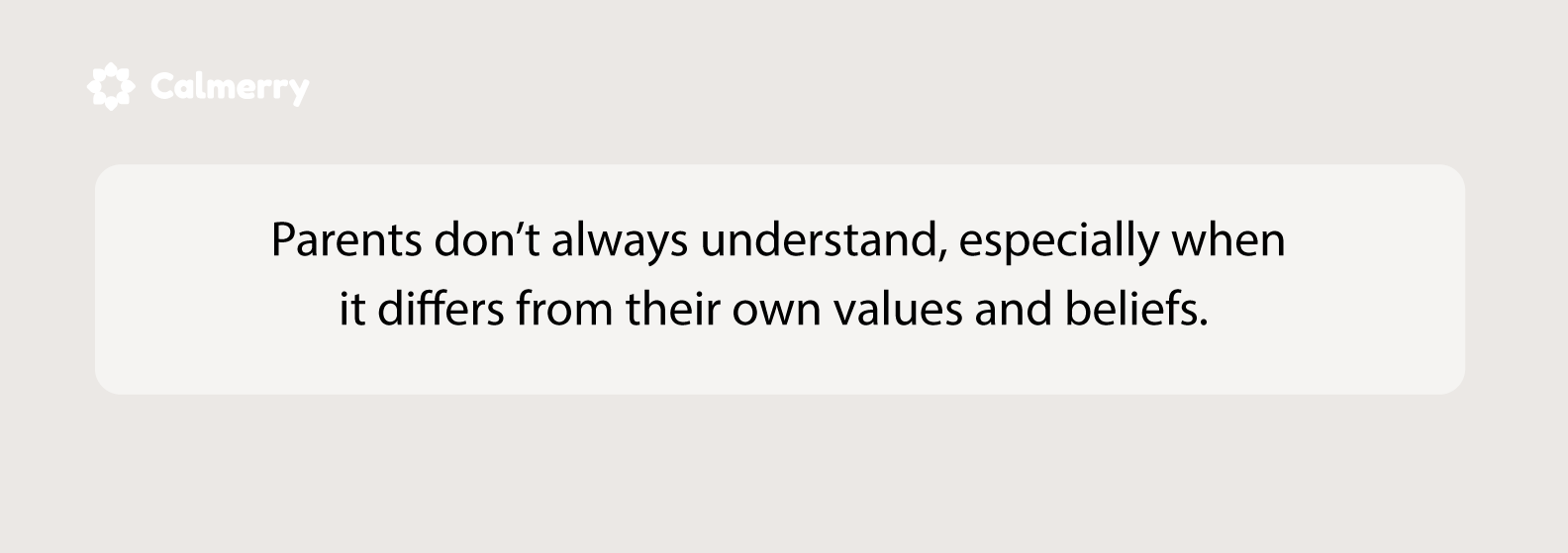
Maybe you chose to come out to your dad as gay or lesbian. Maybe you told him you’re atheist or agnostic. Or, that you don’t hold some of the same values he does. Speaking your truth, whatever that is, requires you to be at your most vulnerable. You always hope for a response of unconditional love and support. When it doesn’t come, the harsh response can leave you feeling unloved and hurt. Words can cut deep, and emotional wounds are some of the most difficult to overcome.
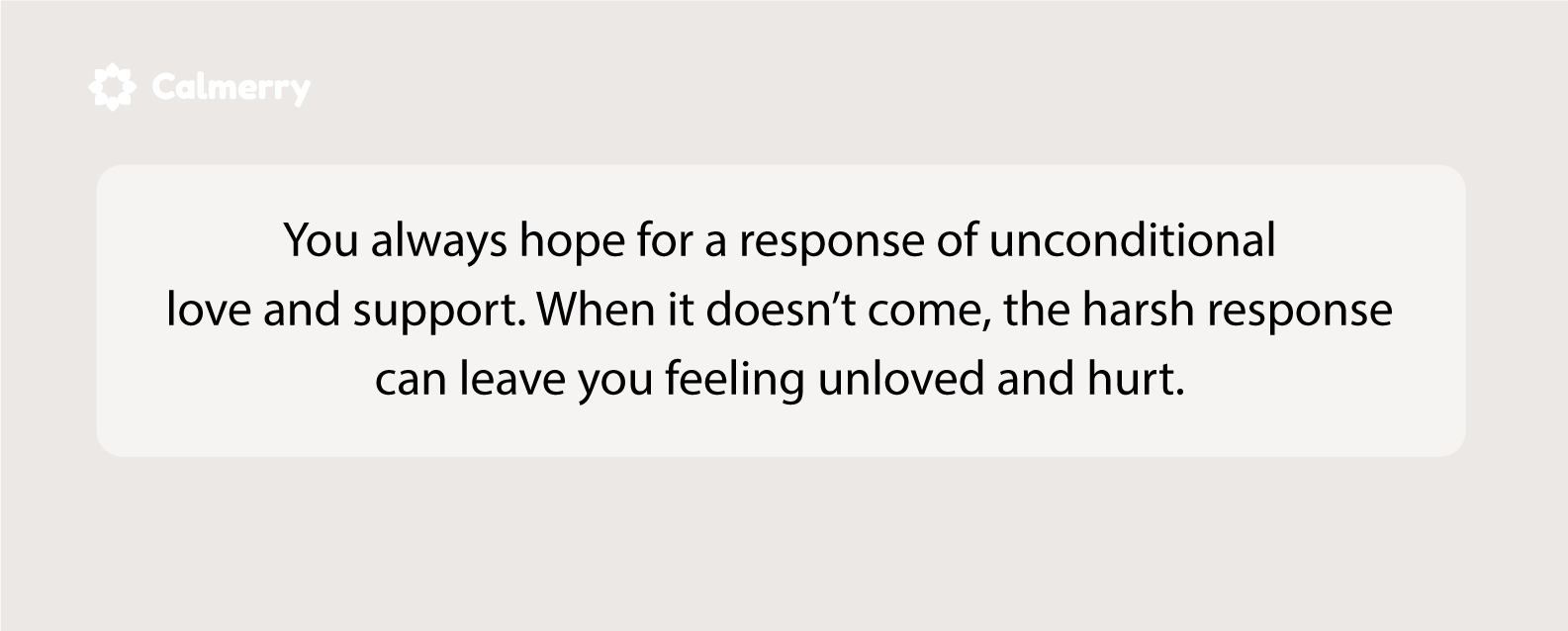
When the relationship turns toxic
Sometimes, no matter how much you want to establish a connection with your dad, it is just too emotionally hurtful for you to continue trying. Sometimes, the relationship is just toxic.
What does a toxic parent look like?
- Self-centered. Your feelings and needs don’t matter. They only think about themselves.
- Emotionally chaotic. Like a loose cannon, they’re reactive and dramatic.
- TMI. They tend to share WAY too much, intimate or inappropriate information with you. You are their confidante.
- It’s all about control. They use tactics like shaming, guilt, or even money to try to manipulate you into doing what they want you to do. They seek control.
- They might use guilt and money to get you to do what they want.
- Nothing is ever good enough. They are harshly critical and minimize your accomplishments or positive attributes, nothing you do is “good enough”.
- No boundaries. They have an opinion on everything and can be quite vocal about it. Whether it’s your life choices, your privacy, or your boundaries, they don’t respect them.
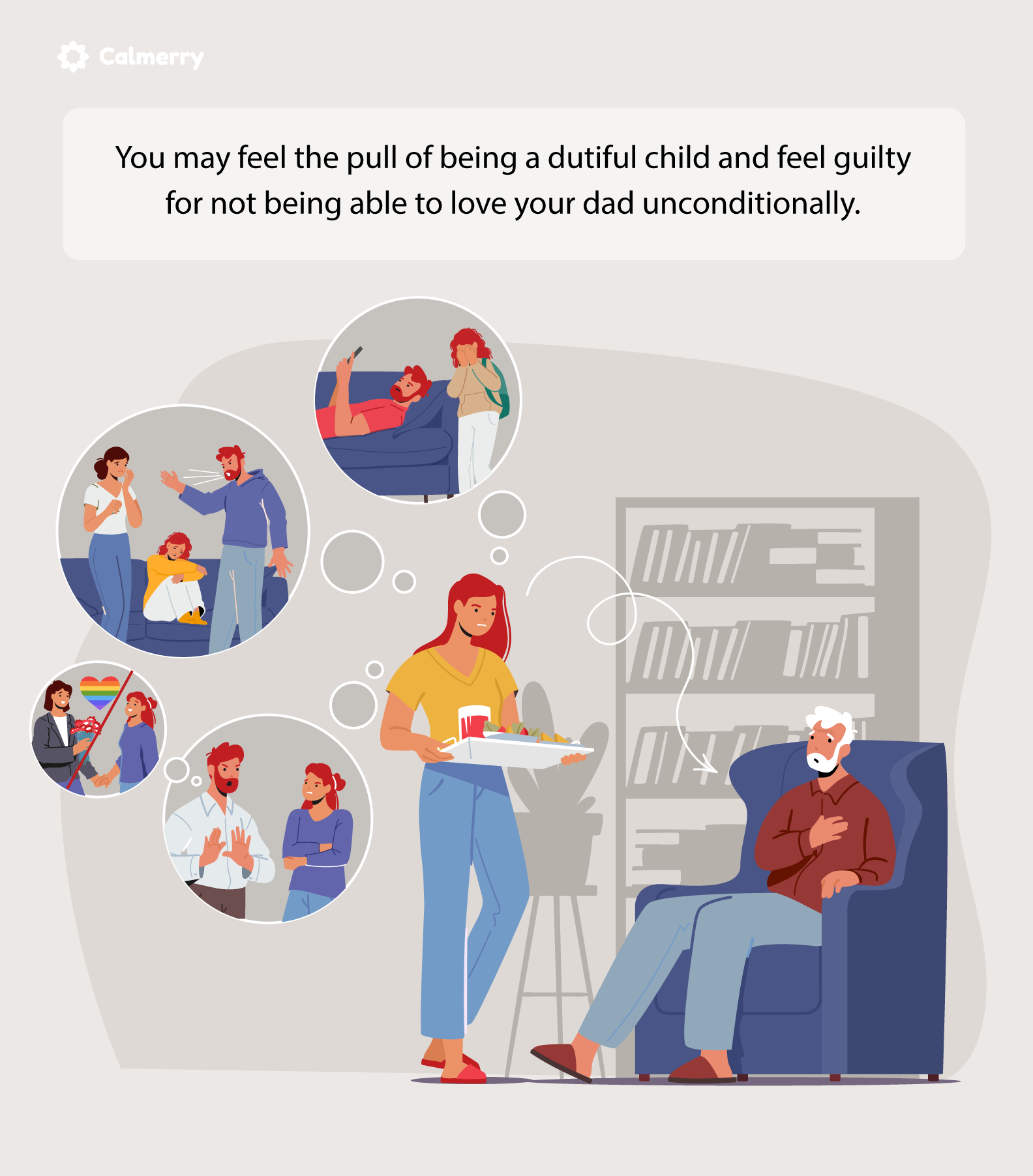
Dealing with a toxic father is never easy. On the one hand, you may feel the pull of being a dutiful child and feel guilty for not being able to love your dad unconditionally. On the other hand, the price of being wounded over and over is a high price to pay.
What can I do?
Whether you have a toxic father or a love-hate relationship with your dad, it can take an emotional toll on you. You have two choices: you can keep fighting the battle expecting things to change (you know, Einstein said that’s the definition of insanity) or you can choose to deal with it in a way that prioritizes your own well-being.
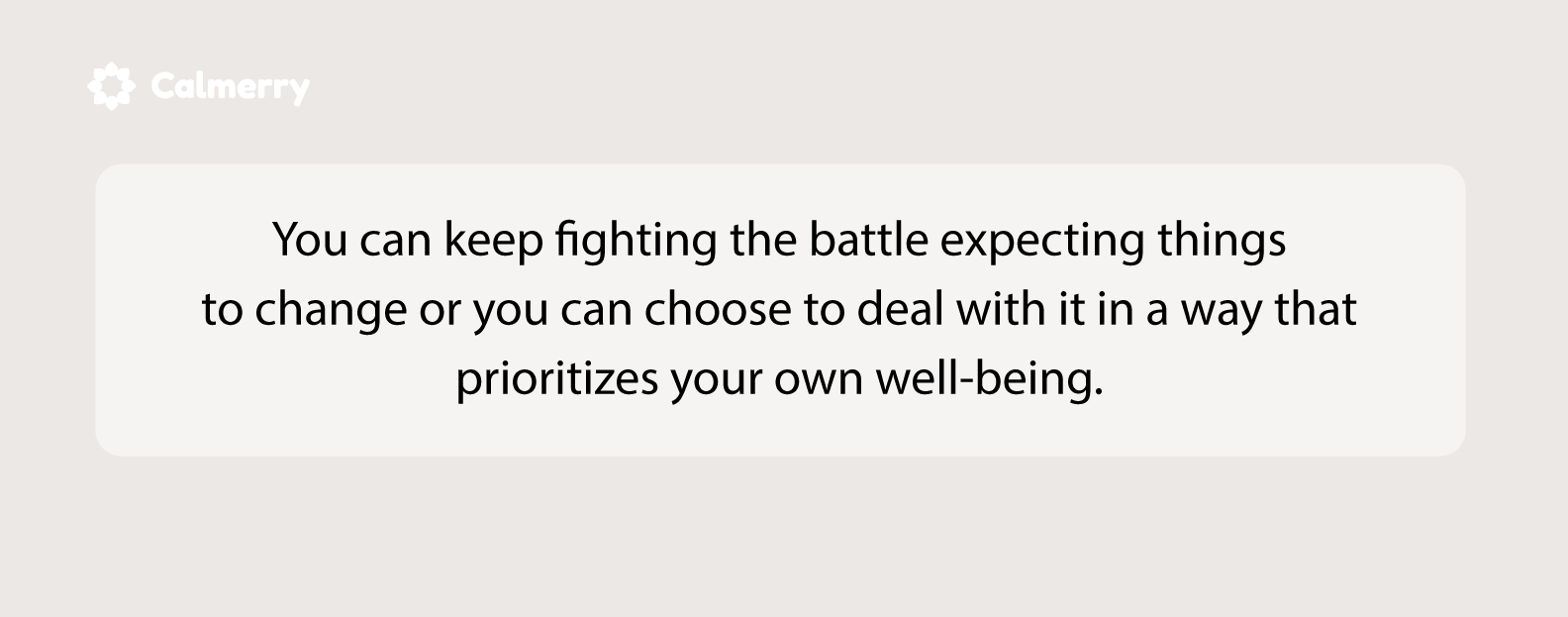
Stop trying to change him
Your dad is who he is and is not likely to do an about-face at this stage of life. The reality is no matter how hard you might try, you cannot change anyone else no matter how hard you try. What you can do is change how you respond to him – or anyone else, for that matter.
Stop trying to please him
Of course, you want to please your parents, but when it comes at the expense of your mental health and well-being, the price is too high. Trying to live your life on someone else’s terms can leave you feeling unhappy, unfulfilled, and even resentful. You are entitled to live your life on your terms and in ways that bring you joy and fulfillment.
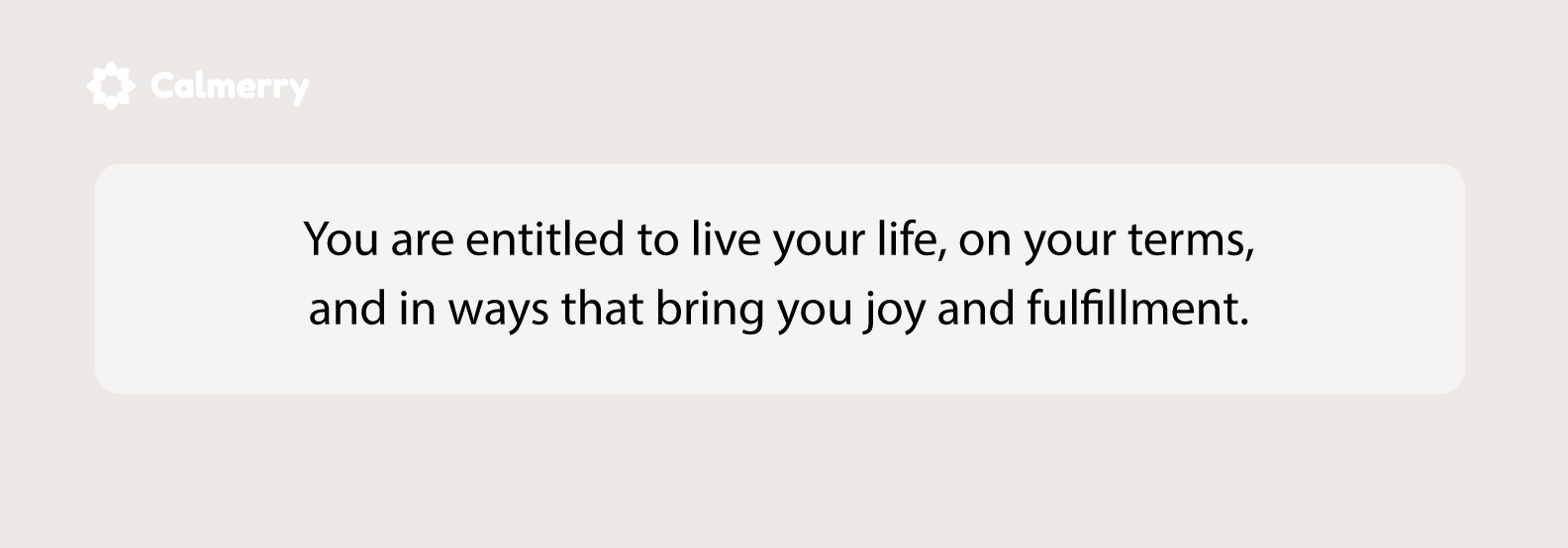
Set clear boundaries – and keep them
Sure, it’s hard to say NO to your parent. Our early childhood training runs deep. Boundaries create the physical and emotional space we all need while letting people know how to treat us. In the beginning, you may get some pushback and that’s to be expected, but you have the power to determine the amount of contact you have and what that might look like.
Don’t take the bait
You know the signs, and you already know how it ends. It’s easy to get caught up in the drama. Having an exit strategy can be a lifesaver here. When you see the drama coming, it’s time to go. Your exit doesn’t have to be dramatic. A simple, “Oh, I’m late. Gotta run” can be a smooth way to extract yourself before the drama starts.
Limit your time with dad when and how you need to
Again, this is different for each situation. You are under no obligation to be available 24/7 or to do things you don’t want to. This goes hand-in-hand with setting boundaries. You may choose to limit contact or even have no contact. The choice is yours to make. If you need space, take it when and how you need to.
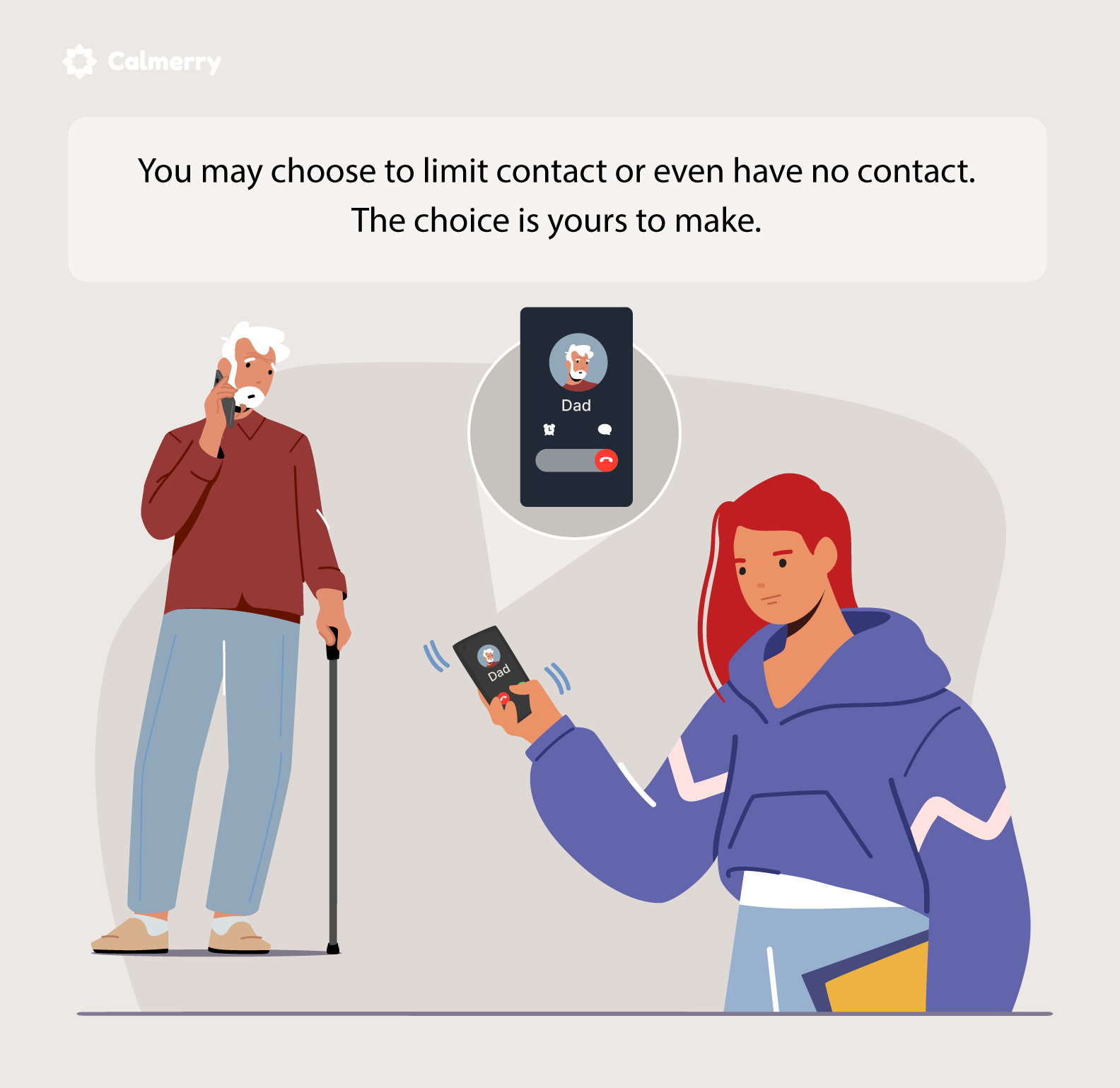
Take care of you
Conflicts can leave you feeling raw, both physically and emotionally. Look for opportunities to engage in activities that are soothing, nurturing, and rejuvenating. Whether that’s a sport or yoga, spending time with friends, or engaging in a hobby you love, take time for yourself. Also, make sure you pay attention to the Big 3 – exercise, diet, and sleep.
Take care of your mental health
Fractured relationships take a toll on your emotional health as well as your ability to form and maintain healthy relationships with others. Reach out to your support system. If you’re really struggling, some time with a therapist can help you sort through your feelings and make decisions that are right for you.
What’s next?
Whether or not you choose to mend the relationship with your dad is entirely up to you. Only you can know when or if that is the right choice. In the meantime, you can work on healing your own heart.
You’re undoing a lifetime of negativity that left you feeling vulnerable and doubting your own emotions. Knowing where to begin can feel overwhelming. A trained therapist can help you to work through this complex relationship, learn new ways of coping and find healing and peace.
With the rise in access to therapy via online resources, help is more accessible than ever before. Online therapy allows you to access care when and how it makes sense for you. And online therapy has been shown to be as effective as traditional in-person counseling. When you’re ready, there is help, and there is healing.
-
Learn morePersonalized online therapyChoose video, messaging, or both to fit your schedule and comfort. Get matched with your therapist within 1 hour.
-
Learn moreOne 60-minute live video sessionSee how online therapy works and get quick support with a single therapy session. No commitments.

